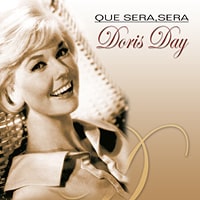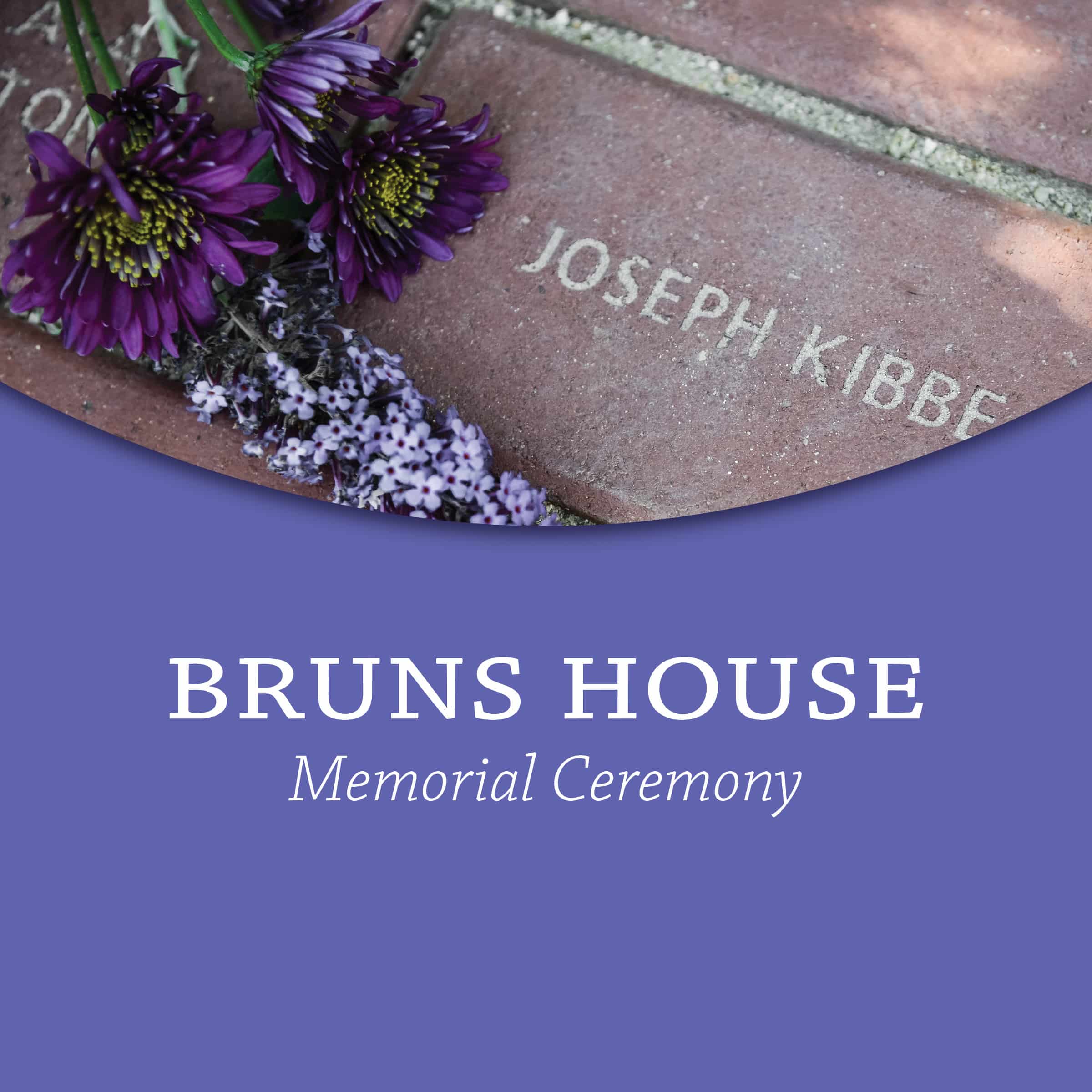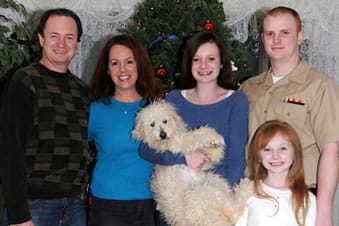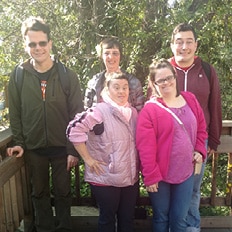By Bess Chosak, Hospice East Bay Volunteer
My first glimpse of my newly assigned patient was of a small bundle of a lady—a crown of snow white hair peeking out from a soft grey blanket wrapped around her as she snuggled into a corner of her sofa. I was assigned to bring “music and memory” to this 103 year-old woman who was on hospice care. All I knew was that she had some level of dementia and didn’t talk much at all.
 After a quick introduction by her live-in caregiver, I sat beside her and unfolded my small bag of equipment—two headsets and an iPod loaded with music for her. She looked at me quizzically, as I tried to explain what I was bringing to her. As soon as our headsets were adjusted, and the music was turned on, she began to smile and sway with the music of “The Tender Trap” by Frank Sinatra. Soon we heard the beginning of “Que Sera, Sera” by Doris Day. At this, her face broke into a beautiful wide smile, and when the chorus began, she broke out into song and I joined her. The two of us belted out the old familiar phrases—“Que sera, sera; whatever will be will be; the future’s not ours to see; que sera, sera.”
After a quick introduction by her live-in caregiver, I sat beside her and unfolded my small bag of equipment—two headsets and an iPod loaded with music for her. She looked at me quizzically, as I tried to explain what I was bringing to her. As soon as our headsets were adjusted, and the music was turned on, she began to smile and sway with the music of “The Tender Trap” by Frank Sinatra. Soon we heard the beginning of “Que Sera, Sera” by Doris Day. At this, her face broke into a beautiful wide smile, and when the chorus began, she broke out into song and I joined her. The two of us belted out the old familiar phrases—“Que sera, sera; whatever will be will be; the future’s not ours to see; que sera, sera.”
I was shocked at the loveliness of her singing voice—really quite extraordinary. Her caregiver of eleven years, who had retired to the next room, came rushing in to see who was singing like that. I looked at her in wide amazement, then back to my patient—all three of us had tears in our eyes. Here was something that this dear lady could express, without hesitation, without confusion.
I continued to play songs from the playlist—by Nat King Cole, Frank Sinatra, Glenn Miller’s Orchestra—but I kept coming back to the Doris Day song, and each time my patient would sing loud and clear whenever the chorus came along. I could not help but reflect on the meaning of that song—that we were just there, in the moment together, in an expression of acceptance of whatever will be. I knew very little about this person. She knew nothing about me, except that I was from Hospice East Bay. But together, the music took us to a place of genuine companionship and pleasure.
After 30 minutes, it was time for her lunch. I told her I would come again, and she held my arm tightly and said, with her eyes and her voice, “YES!”
The magic of music, the parts of our minds touched by and responsive to music, seem to supersede the fog of “cerebral degeneration,” which is her diagnosis. I look forward to finding more moments like this with her on subsequent visits.







